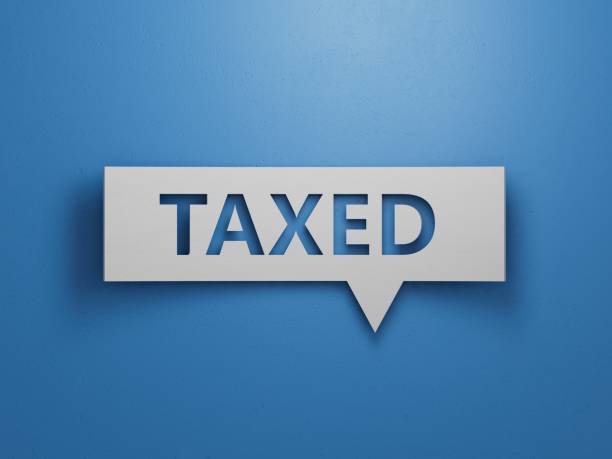On Monday January 25, Seattle City Council with little warning, voted unanimously to require grocery stores within the city limits of Seattle to pay its workers an additional $4 per hour during the state of emergency declared for the COVID-19 pandemic.
The legislation applies to grocery stores with more than 500 employees and that are larger than 10,000 square feet in size.
Grocery stores have been particularly hard hit by the government mandated lockdowns. Stores have struggled with razor thin profit margins and reduced discretionary spending which has given them little flexibility to make up any loses. This latest mandate will put many stores closer to bankruptcy. Since many workers earn $15-20 per hour, the $4 represents a payroll increase of over 25% and this doesn’t include the additional taxes that the employer will need to pay for the increased payroll costs.
For some stores, in order to keep their doors open, they plan to cut back on work they do in the community for food banks and non-profits, as any spare capital they had will now no longer be available.
For others, they only option will be to increase prices on the products they sell.
This is continuing the pattern of increasing taxes on local businesses by the Seattle City Council that is putting Seattle at a disadvantage with its neighboring cities. It follows up on the minimum wage hike and tax increases on Uber and Lyft that have negatively impacted businesses and consumers.
In what many consider to be a predictable outcome, the minimum wage law that the Seattle City Council passed in September last year has forced Uber and Lyft to raise prices on riders. Initial estimates indicate Uber will be raising prices as much as 25% and could end up raising prices as much as 50% by April.
The Seattle Metro Chamber, who recently filed a lawsuit against the City of Seattle for passing a payroll tax on businesses operating within the City limits, states on its website that more than 210 stores and businesses have permanently closed in Seattle since the start of the pandemic, along with the loss of tens of thousands of jobs. City budget projections warned that increases to payroll taxes would “add to business costs, possibly slow down the employment recovery, and make Seattle less attractive relative to other cities in the region.”
After last summers rioting and destruction, plus COVID shut-downs, Seattle leaders should not be taxing the same businesses that are on the verge of collapse. As the Seattle Chamber puts it, “Rebuilding our economy is the best way to support the infrastructure, programs, services, and neighborhoods that make this region a world-class community.”
With Seattle’s new $4 override increase to the minimum wage, the only winners are bureaucrats and politicians – not the local grocery store owners, and certainly not their employees or the customers that use their service.






